We honor the creators of the game. The Algonquian tribe, East Cherokee, and Shawnee tribes who call this land their home.
Before every pre-game warm-up and post-practice stretch, my school’s lacrosse team recites this thank you for the Native American tribes who created the game of lacrosse in the 12th century. This ritual has become essential to the team’s culture, and looking back on the sport’s history helps us remember why we play the game.
Known in the lacrosse community as “the medicine game” or “the creators game,” the sport’s intended healing purposes started in the 12th century by Native American tribes have evolved into the present day.
Lacrosse has become one of the fastest-growing sports in North America, with a whopping 2.9 million people picking up a stick in the last several years, according to the Professional Box Lacrosse Association.
Audrey Donaldson (17) has played lacrosse competitively for seven years, and now plays for Manual.
“It was just a bunch of new people because we didn’t really have a team so we kind of had to just recruit whoever we could,” Donaldson said, thinking back on her freshman year. “But now it’s grown a lot more and we’ve had a lot of people stick and stay. We’ve become a team now, everybody has grown individually and together.”
The sport is continuing to burst onto new scenes, starting right here in Louisville. From becoming a sanctioned sport by the Kentucky High School Athletic Association (KHSAA) all the way up to being added into the 2028 Olympics on the international stage, lacrosse is exponentially growing and here to stay.
The sanctioning of lacrosse in the 2025 season will open up new opportunities across the board. In the past, lacrosse has been considered a “club sport,” limiting funding and practices. Sanctioned-status and the increasing popularity of the sport will hopefully directly correlate with more girls picking up sticks.
“It’s super cool to see more schools adding lacrosse,” Monica Negron, the head coach for Mercy Academy’s girls lacrosse team, said. “Last year we kind of saw that with those schools in Northern Kentucky.”
Randall K. Cooper High School, Larry A. Ryle High School and Dixie Heights High School are among the new additions. These new teams provide not only more competition for schools that have long-lasting programs, but also foster growth of lacrosse past Louisville and into other parts of the state.
The sport is thriving not only in Kentucky, but across the world. The membership growth rate in the past several years has exploded by 579%, and has shown no sign of stopping as lacrosse heads for the Los Angeles Summer Olympics in 2028.
Bringing the game back to its North American roots and on the international stage in Los Angeles in 2028 will be a special and unmissable experience. According to World Lacrosse, lacrosse was featured as a demonstration sport in the Olympics at Amsterdam in 1928, Los Angeles in 1932 and London in 1948. Its return to the international stage marks a huge step for the sport.
“I think that’ll be a super fun watch. I think a lot of people underestimate how interesting lacrosse is.” Donaldson said. “If you sat down and watched an actual game, I guarantee you you’d enjoy it.”
However, lacrosse will look a little different in the Olympics. The game will be played as a 6v6, a version of the game coined with the term “Sixes,” and will eliminate a draw after each goal. This fast-paced and easy to pick up version will make the game more engaging, high scoring, and competitive.
Negron lives and breathes lacrosse, so as a former player for the University of Louisville and the Puerto Rico Women’s Senior National Team, she has seen the game evolve over time.
“When I first started playing lacrosse, there were no boundaries.” Negron laughed. “We started without goggles, so it was just like our mouth guards.”
Since her initial start in lacrosse, Negron has moved from college to the international stage, but has put down roots here in Louisville. She is now the Director for Hispanic, Latinx, and Indigenous Successes at the University of Louisville, and will be the Head Coach for the Puerto Rico Senior Women’s National Team in the 2026 Women’s World Championship.
As far as further in her future goes, she plans to reach even greater heights — namely, the Olympics.
“I hope we make it, right? Like that’s kind of the dream of any athlete.” Negron said. “I’m happily retired, but to be on the sideline, on the staff. Just being able to help us get there for me is so exciting.”
Although lacrosse’s growth is exciting, Negron isn’t quite yet satisfied with its growth here in Louisville, and hopes to see future graduating classes of lacrosse players stick around and share their love for the game in the community.
“It’s cool to kind of see it grow, but has it grown in the way that it should? No,” Negron said. “I’ve had a lot of teammates here, most of ’em just kinda go back east.”
She hopes that lacrosse will expand to even younger audiences and broaden its reach further across the state.
The game can grow even more, but it’s important to remember as it reaches new audiences to educate them on the origins of the game.
The World Lacrosse Championship includes historical elements from the game that have been altered over time. The tournament hosts Native participants, namely the Haudenosaunee Nation, who help merge the history of the sport with the game in the present day.
Looking back on the history of the sport has helped me understand why I play the game. It has brought me some of my best and favorite memories, and given me an escape amidst every stressor in my life. The game truly is a form of medicine for me and my teammates, and I am happy to see how it has grown and will continue to grow.
The land we now play on was not always ours, so acknowledging the game we share with native tribes has become an important practice for Manual’s girls lacrosse team. My hope for the future of the sport is to not only see its growth with young girls here in Louisville, but the knowledge of its history grows with it.


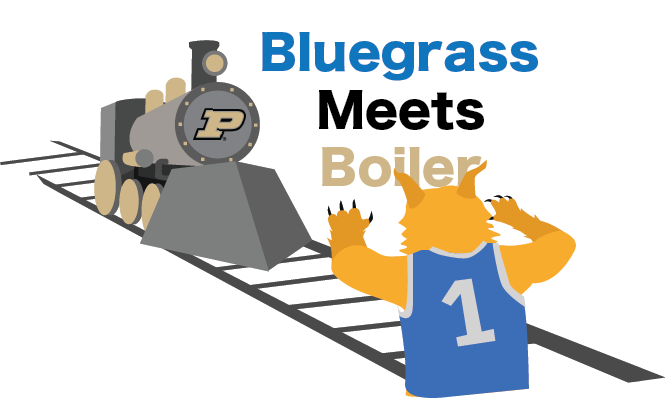


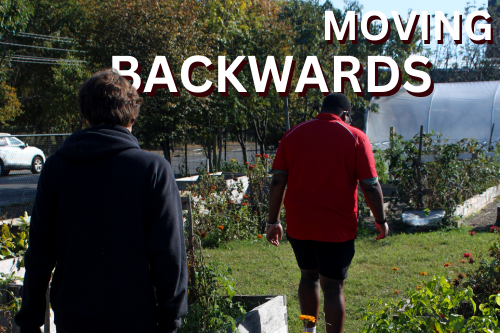
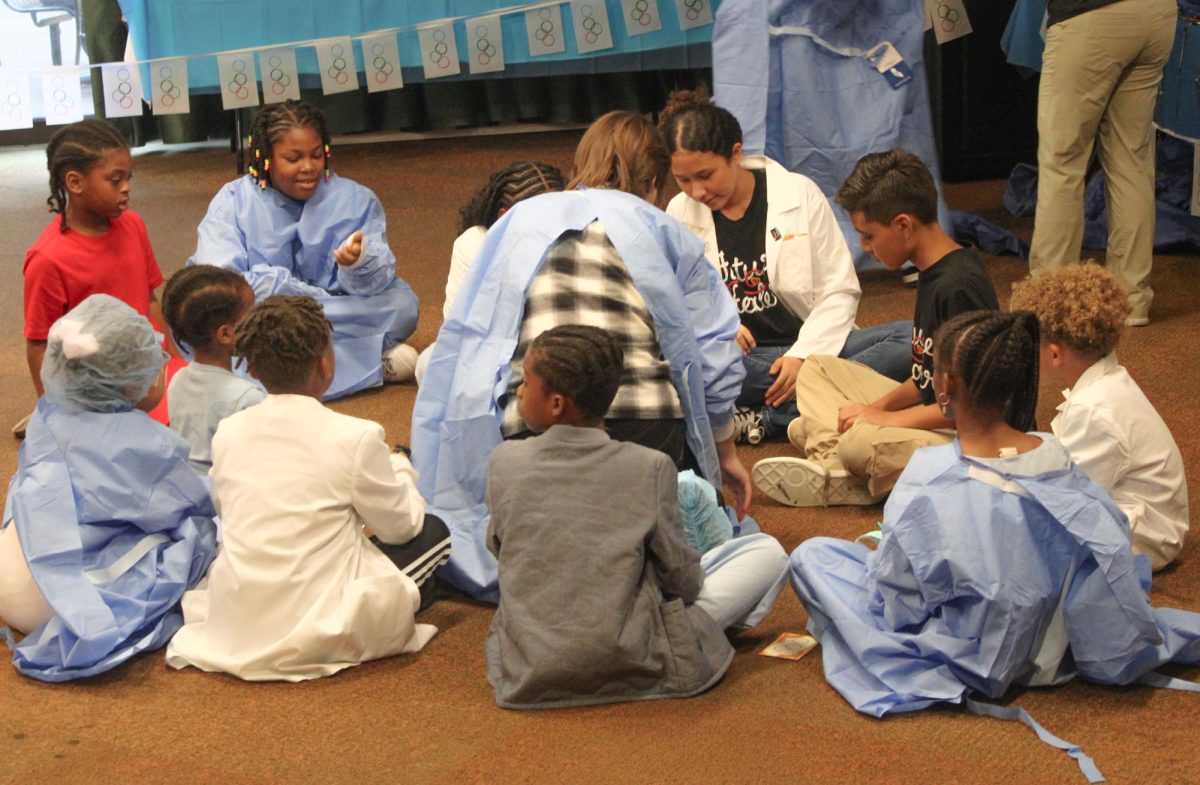
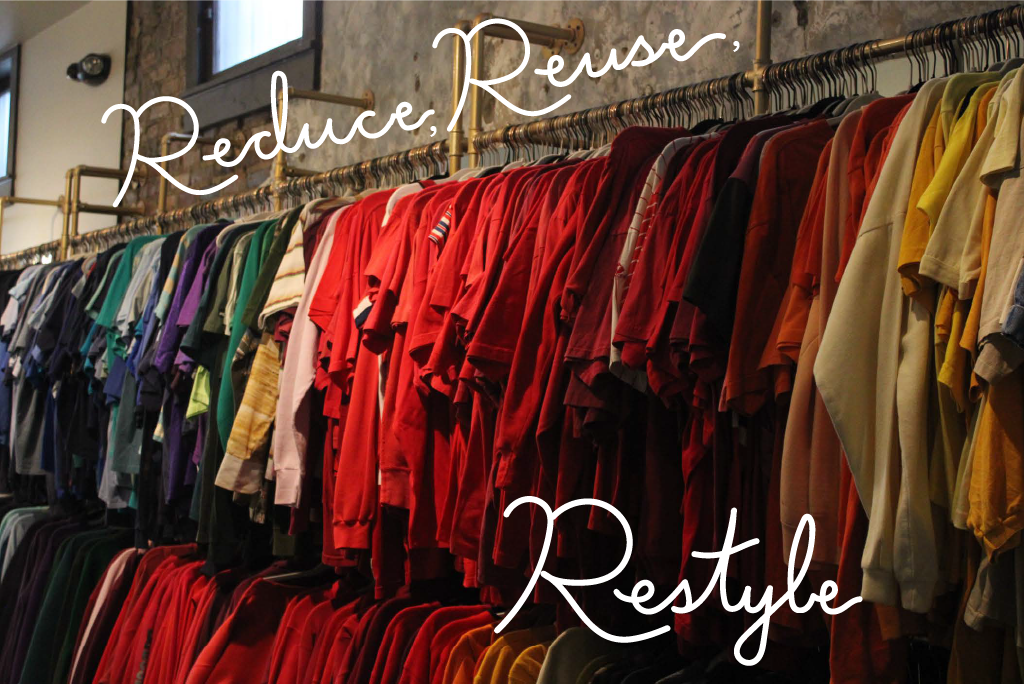



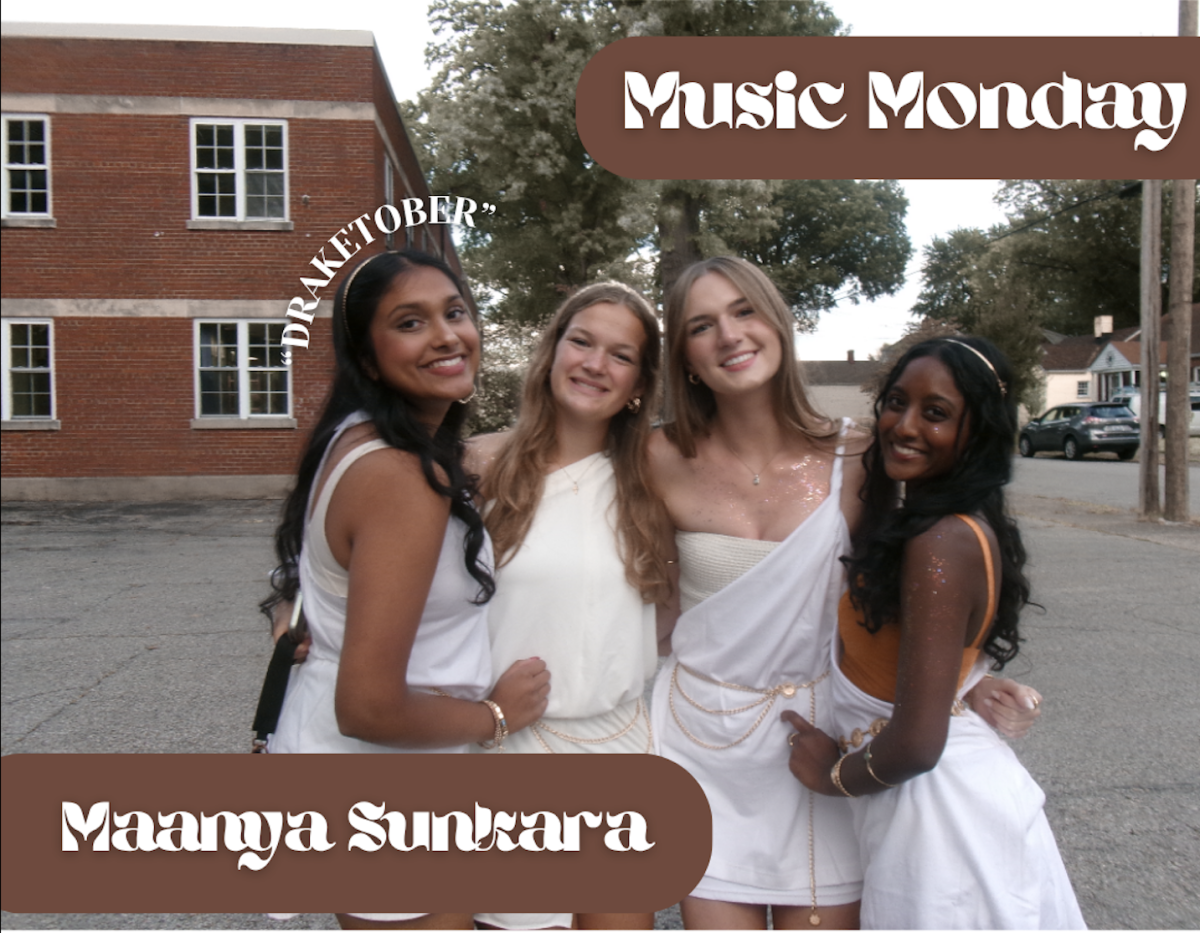
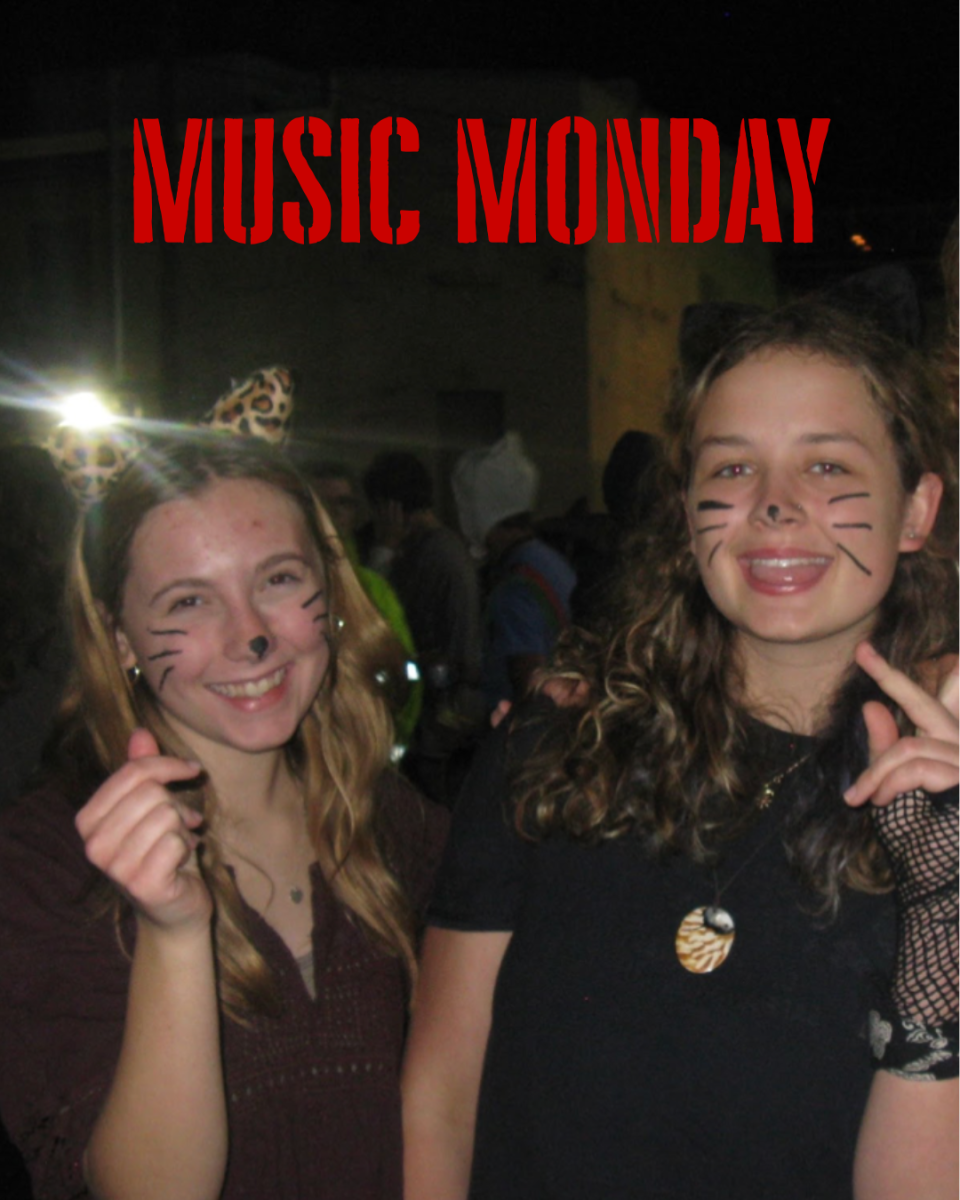


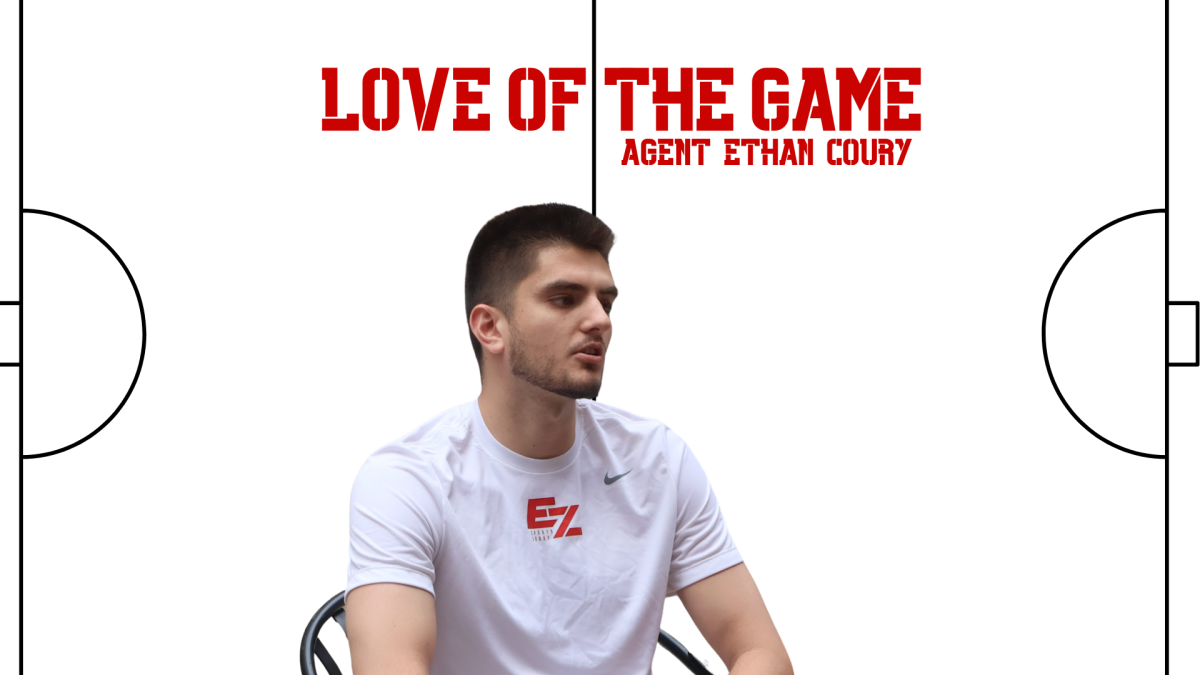
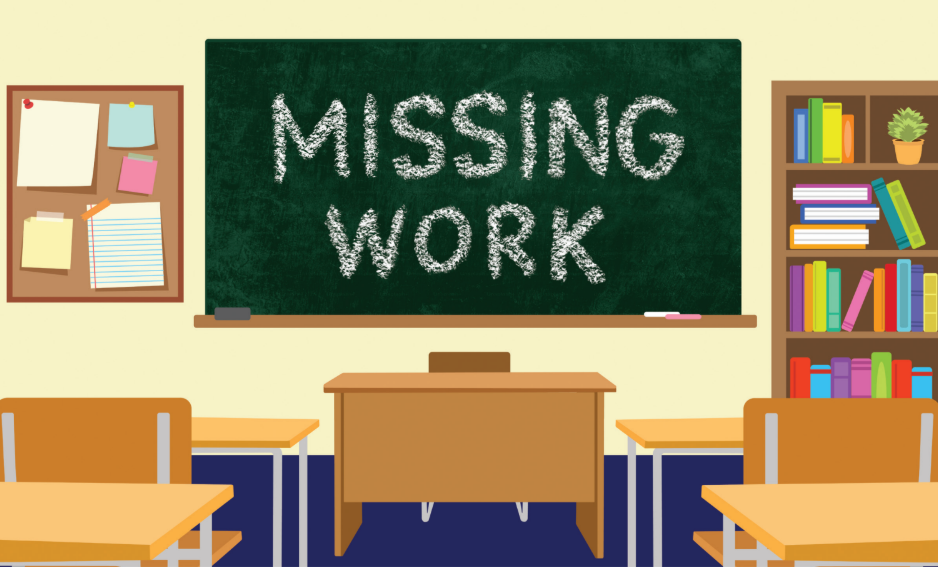
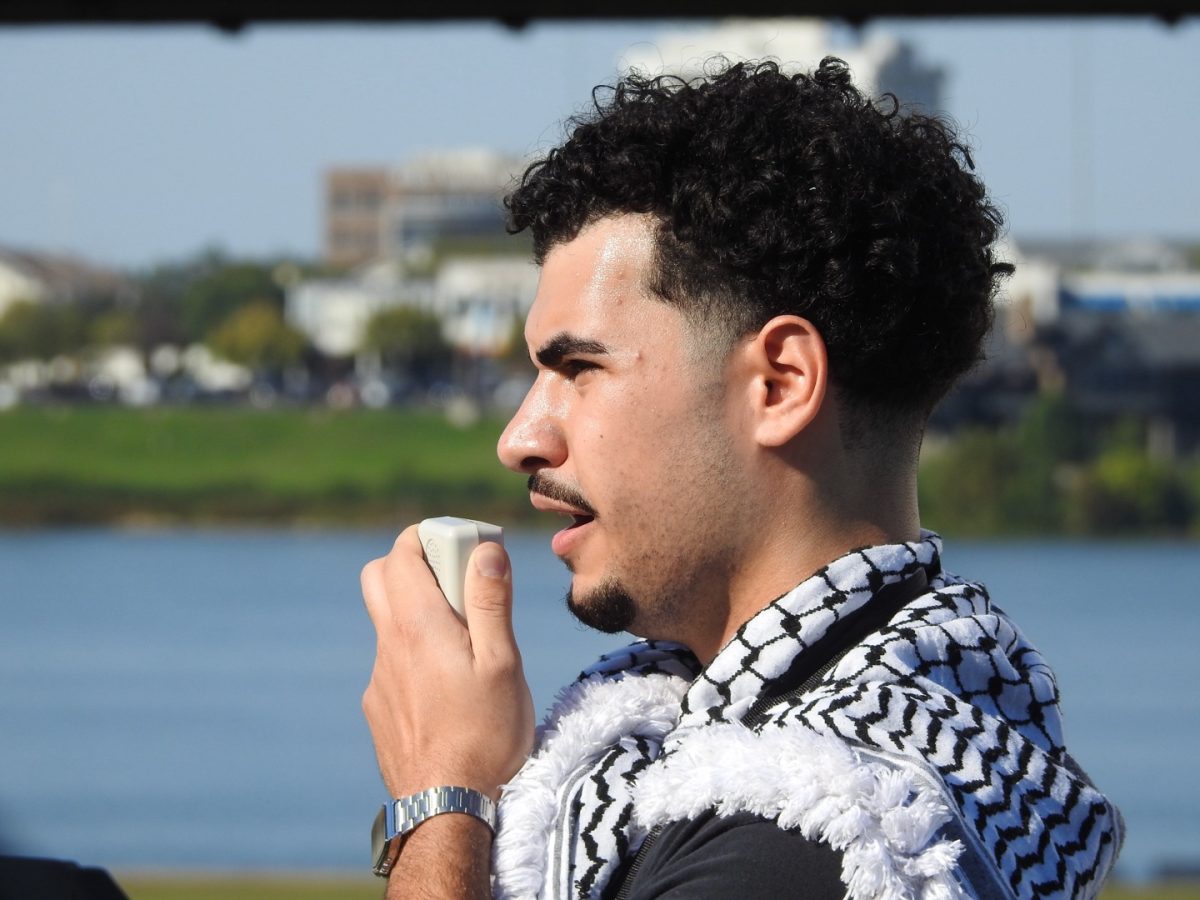
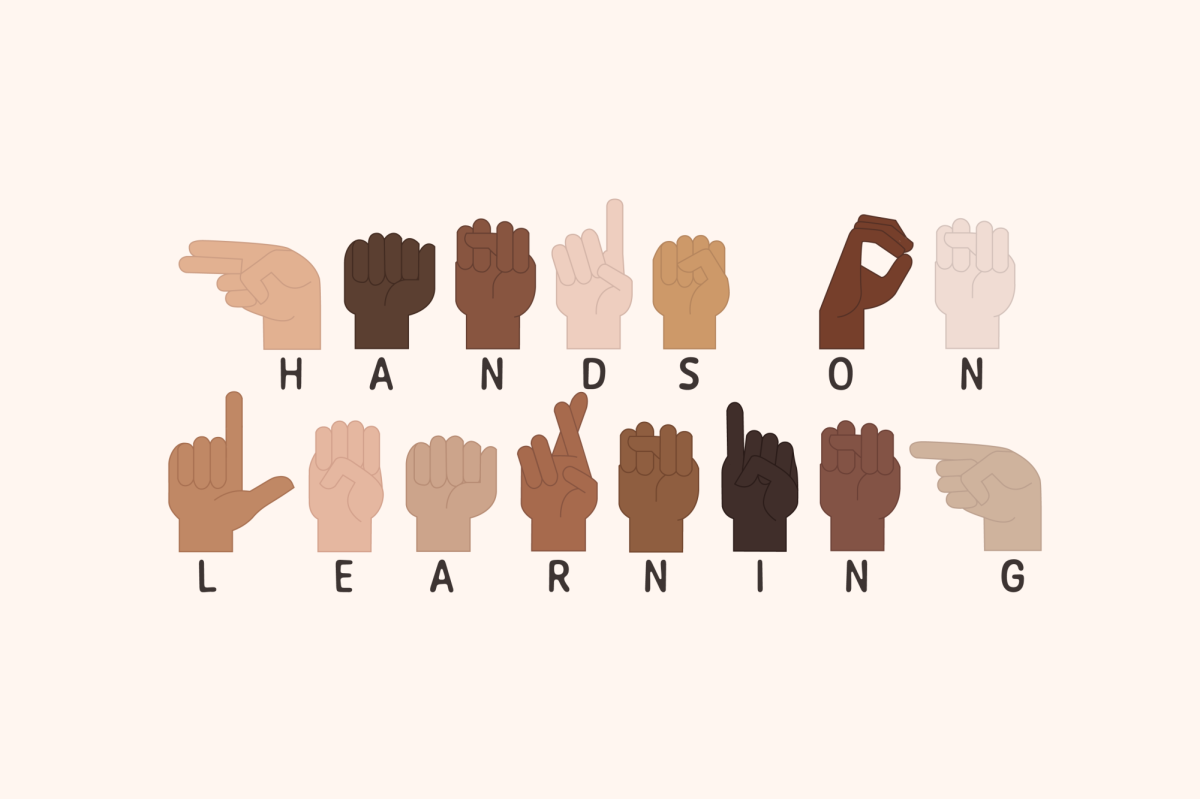
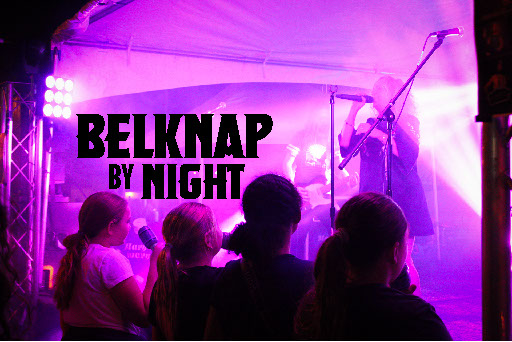
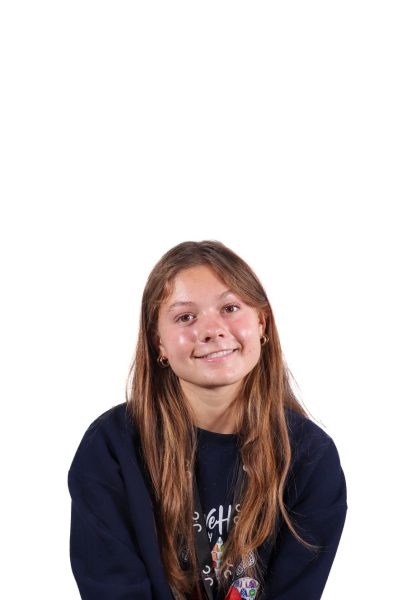

dea • Sep 26, 2024 at 12:06 pm
too good sammie👏👏👏